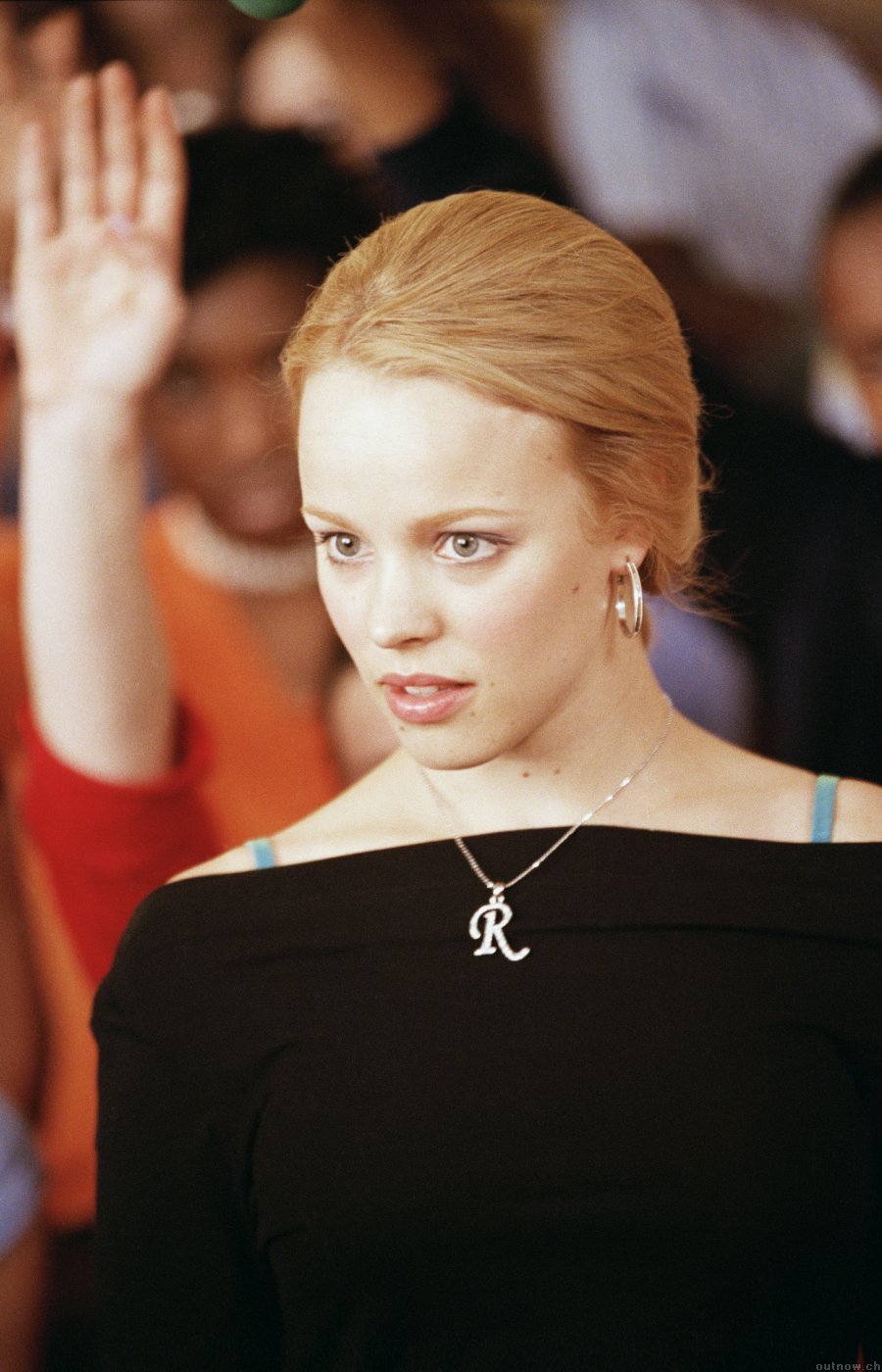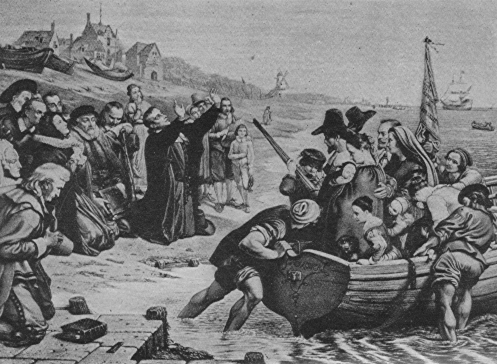
There is a very close relationship between language and power. For one thing, there is power in knowledge. Therefore, if you speak a lingua franca and others don't, you are more powerful. But, on the other hand, what if you speak a lingua franca and a rare language? Then, you have a huge head start. The more languages you know the easier it is for you to build bridges amongst different cultures. I'm not sure if languages are still as valuable. English is so strong that most people are able to communicate with you if you can't talk to them. So when one language is stronger, it pulls the other one to lose power.
Economy is also a very important reason to meet halfway. Some were eager to sell, thus they learned English. Others would wait for the merchant to learn their language. It's also a matter of pride. Like Robert Burns, many don't want to treat their language as less important. This happened in India, where the natives weren't eager to learn English. I believe the problem was that the language was imposed, most people didn't want to replace one of India's 200 languages with English. One gets attached to what one cherishes. In this case, people care about maintaining their culture. The host would agree with John Locke, who also thought less misunderstandings would lead to peace, but India's population has something else to say about that.
Language can also become an empire. Just like Rome, English is close to controlling everything it touches, but will it fall? We discussed it in class, but I'm certain the word "empire" has a negative connotation. Or that's how I think about it.







